Social distancing and quarantine may prevent the spread of a disease, but going home to a violent relationship may not be the safest option for survivors. We’ve compiled a list of things to consider if you or a loved one is in an unsafe relationship, and are experiencing the impact of the COVID-19 outbreak.
4 Hard Conversations You’ll Have When You’re Showing Up for Survivors
At La Casa we do everything we can to be a safe haven for survivors. But we also know that many survivors rely on their friends and family for support -- healing, and the work to end domestic violence, is something that starts in our own communities. Here are 4 hard converations you might have to support survivors within your community, and how you can handle them.
Community Spotlight: Sunny Schwartz on Restorative Justice
Violence impacts everyone — and a solution to end domestic violence is one that includes all people including those who have caused harmed. Sunny Schwartz, founder of the nationally-recognized Resolve To Stop The Violence Project (RSVP) in San Francisco, sat down with us to chat about restorative justice, empowering survivors, and community accountability.
Community Spotlight: Yasmin Campos-Mendez & the Power of Policy
Strong legislation is necessary to ensure all survivors have access to the resources and support they might need as they make the best decisions for themselves. Meet Yasmin: a former La Casa de las Madres Case Manager who is now working with the National Network to End Domestic Violence. She told us about how she’s using her experience as a fierce advocate to push for truly survivor-centered legislation.
Community Spotlight: Alex Nerguizian & Economic Empowerment
La Casa de las Madres believes that empowering survivors means giving them the tools and resources to make the best financial decisions for themselves. We sat down with Alex to learn more about his background, the approach he takes to his economic empowerment workshop series for survivors, and why he believes financial empowerment is significant.
Empower One, Advocate for All
It is necessary that we spend this October thinking about the ways we can continue to show up for survivors and support them as they navigate their way to safety and make the best decisions for themselves, their families, and communities. At La Casa, this journey begins with empowerment: providing unconditional support and letting survivors make decisions for themselves about the steps they’d like to take.
Survivors & The Criminal Justice System
At a time where intimate partner homicides are on the rise, domestic violence doesn’t get much mainstream attention. When it does, narratives focus on a survivor’s helplessness, often blaming them for being in and staying in abusive relationships. Even less attention is paid to survivors of domestic violence who are criminalized and incarcerated for defending themselves or fighting back.
Cyntoia Brown was institutionalized in Tennessee at age 16 for killing a 43-year-old man who solicited sex from her; she was afraid this man would shoot her. Then a minor, Brown testified that she had been trafficked and forced into street-based sex work by her older, violent boyfriend. She received a life sentence for murder. After spending 15 years - more than half her life -- in prison, and with the help of a national, multi-year campaign, Brown was granted clemency and walked free this August.
Brown’s story is unfortunately not uncommon. It’s unclear exactly how many survivors of violence are incarcerated for self-defense acts or acts related to abuse, but it is estimated that 77 percent of incarcerated women are survivors of domestic violence (compared to 1 in 4 women who are survivors in the general US population). The population of incarcerated women has increased 50 percent faster than the population of incarcerated men, and in 2018, there were 219,000 women in US prisons and jails. A disproportionate percent of this population are poor, members of the LGBT community, and women of color.
“In a perverse twist of justice, many girls who experience sexual abuse are routed into the juvenile justice system because of their victimization.” The crimes that most often lead to young girls’ institutionalization - survival work, running away, substance use, truancy - are symptoms of having experienced violence and abuse. Involvement with the criminal justice system, especially at such a young age, has severe consequences. When the criminal justice system does not consider the trauma that leads girls to committing crimes, it punishes them as perpetrators instead of supporting them as survivors.
When survivors are seen as perpetrators, the harm inflicted upon them is minimized and ignored, and the perpetrators face no consequences. Women who are incarcerated are more likely to experience poor mental and physical health outcomes and experience additional violence in the system. Eighty percent of incarcerated women are mothers and the primary caregivers in their families. And even when an individual is granted clemency, like Brown, there is often a long uphill battle for retribution, criminal records are not automatically expunged, and survivors face parole or probation requirements that can re-victimize and re-traumatize the individual. Brown, whose parole is set to last 10 years, is required to meet certain conditions under state supervision. If she violates these conditions, she could return to prison to carry out the rest of her sentence.
Survivors should be recipients of unconditional support, love, and opportunities for healing. Instead, they can face a criminal justice system that contributes to their re-victimization. Cyntoia Brown is one of thousands of survivors who deserved better. The movement to end domestic violence starts with raising the voices of more young survivors like Brown and challenging systems that maintain unjust patterns of violence in which women of color in particular are left with little access to opportunity. When we center these survivors, we break the cycles of silence and support their pathways to justice.











